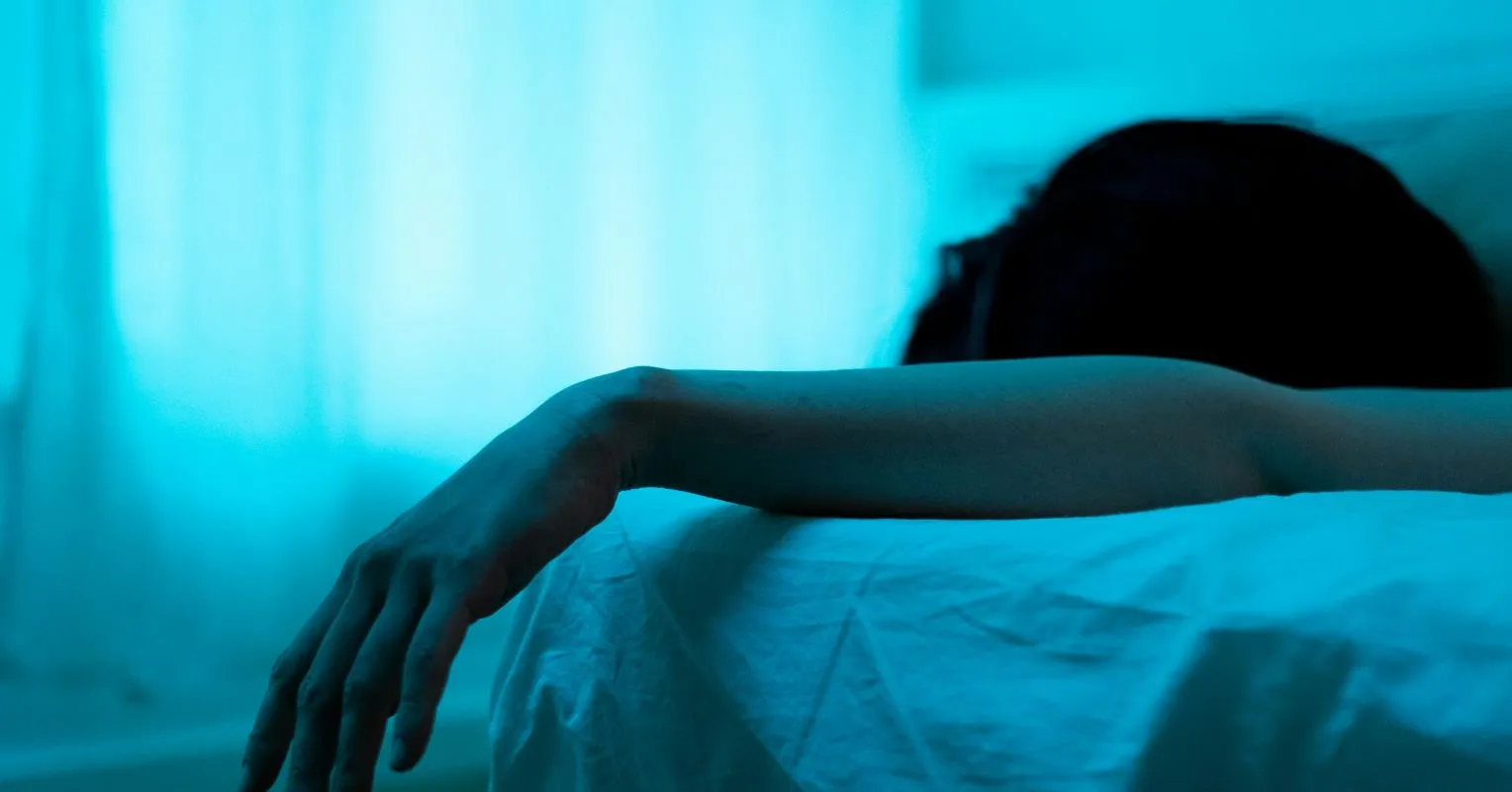Understanding Eating Disorders and Sleep Changes During Recovery

Exploring Sleep Changes in Eating Disorder Recovery
Eating disorders often lead to disturbing sleep fluctuations. These changes can range from insomnia to better sleep quality as recovery progresses.
Identifying Expected and Unexpected Changes
- Insomnia: It's common for individuals recovering from eating disorders to experience insomnia.
- Improved Sleep Quality: As individuals adapt, there may be surprising periods of restful sleep.
Strategies for Managing Sleep During Recovery
- Establish a consistent sleep schedule.
- Engage in relaxation techniques before bed.
- Avoid stimulant intake in the evening.
Finding a balance in sleep helps foster overall recovery. Understanding these fluctuations empowers individuals to address them head-on, leading to better health outcomes.
Disclaimer: The information provided on this site is for informational purposes only and is not intended as medical advice. We are not responsible for any actions taken based on the content of this site. Always consult a qualified healthcare provider for medical advice, diagnosis, and treatment. We source our news from reputable sources and provide links to the original articles. We do not endorse or assume responsibility for the accuracy of the information contained in external sources.
This article was prepared using information from open sources in accordance with the principles of Ethical Policy. The editorial team is not responsible for absolute accuracy, as it relies on data from the sources referenced.